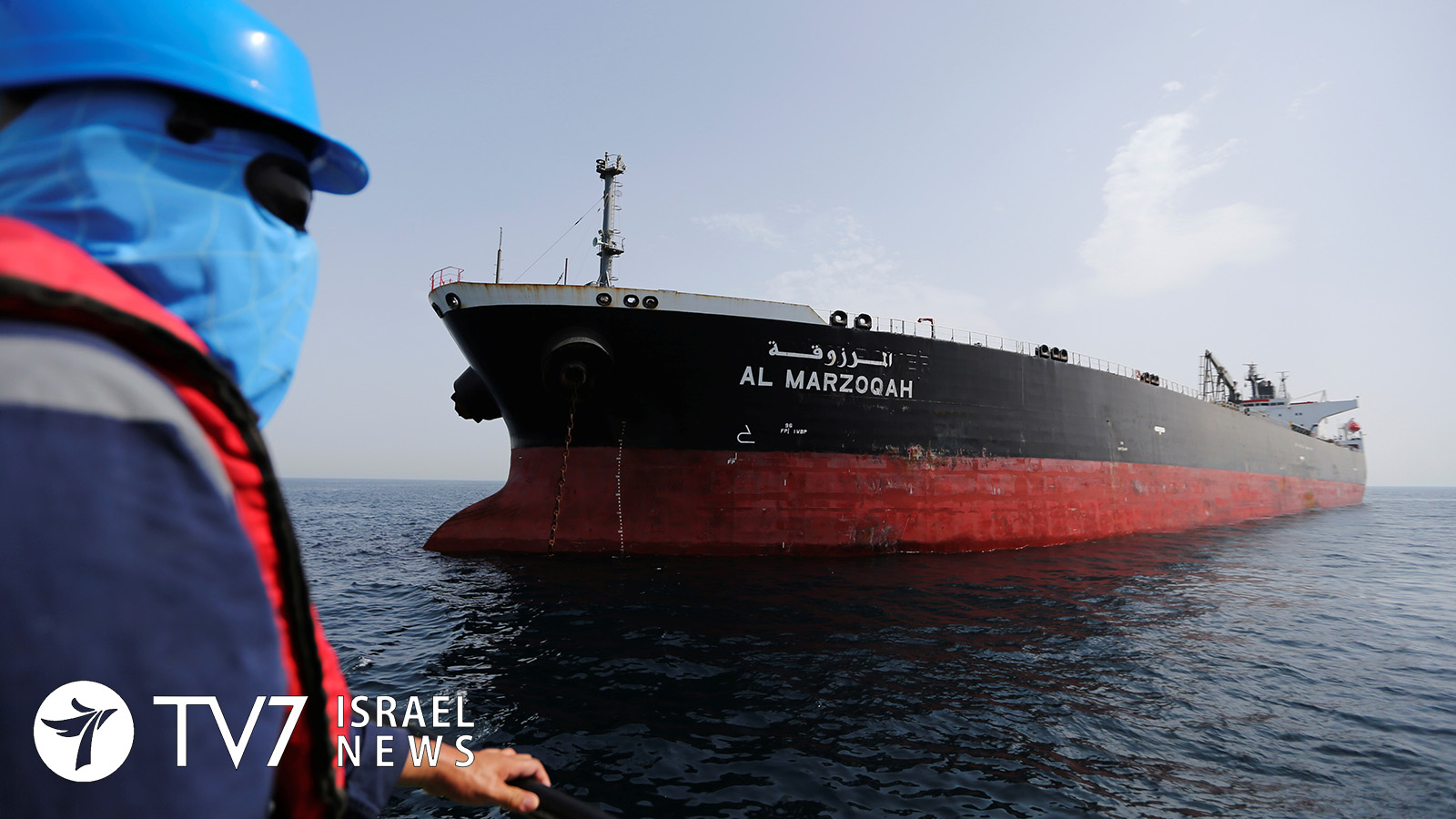U.S. officials believe that the Islamic republic of Iran “actively encouraged” its regional proxies to carry out sabotage attacks on infrastructure of rival-oil producers in the region that led to the attack on four vessels, including two Saudi oil tankers, a UAE fuel barge and a Norwegian tanker, just outside the Strait of Hormuz.
A U.S. intelligence source revealed that the reigning assessment is that Tehran gave its so-called “blessing” to the bombing operation near the United Arab Emirates’ Fujairah port. While a U.S.-led investigation is still ongoing, a mounting intelligence assessment lays the blame on “Iranian-backed militias in Yemen and Iraq.”
The alleged involvement of the Iraqi ‘Iranian-backed’ militias, commonly known as PMF – “the Popular Mobilization forces” or “al-Hashd Ash-Sha’abi” in Arabic – comes amid growing American concerns vis-à-vis intelligence reports that acknowledged the transfer of rockets to locations near Iraqi military bases that are housing U.S. forces.
According to an Iraqi military source, the unveiling PMF militiamen preparing to strike American forces, under Iranian directives, led to a one-day trip by U.S. Secretary of State Mike Pompeo last month, during which he relayed a blatant warning to Baghdad officials: “Keep the Shi’ite militias in check, or the U.S. will respond with force.”
A senior Iraqi military source was quoted by the international news agency Reuters as saying, “The message from the Americans was clear. They wanted guarantees that Iraq would stop those groups threatening U.S. interests.” The sources further added that the message further underscored that “if the U.S. were attacked on Iraqi soil, it would take action to defend itself without coordinating with Baghdad.”
Following these statement, Iraqi Prime Minister Adel Abdul Mahdi said in a press conference earlier this week that he remained hopeful that the U.S.-Iran stand-off would come to a peaceful end. Adel Abdul Mahdi said: “We hope that things will end well and there are indications from both parties that things will end well and there is a real desire to find outlets for this crisis.”
A day after Iran’s Supreme Leader insisted that neither Iran nor the United States are keen on escalating the situation into an all-our-war; Tehran’s top diplomat is actively seeking to convince the international community that the United States is the key instigator of regional instability due to its decision to withdraw from the 2015 multilateral nuclear agreement with the Islamic Republic.
In a meeting with his Japanese counterpart in Tokyo, Foreign Minister Mohammad Javad Zarif insisted that despite the U.S. measures, the Islamic Republic continues to excursive maximum restraint. The Iranian Foreign Minister stated: “I’m very happy to be here at this very difficult time for our region. To consult with you on the situation and the future. We believe that the escalation by the United States is unacceptable and uncomfortable. We exercise maximum restraint that you pointed out in spite of the fact the United States withdrew from JCPOA (Joint Comprehensive Plan of Action) last May.”
While the Japanese Prime Minister Shinzo Abe emphasized to his Iranian counterpart that Tokyo is keen on strengthening the ‘Japanese-Iranian relationship’ and vowed to “spare no efforts to ease tensions;” Tehran’s strategic-partners are showing signs of accepting the fact that the nuclear agreement has come to an end. According to Putin: “The Americans quite the (nuclear) treaty, the treaty is collapsing, European countries are unable to do anything to save it, cannot really work with Iran to compensate its economic losses. But as soon as Iran takes the first steps in response, will declare that it quits something, the very next day everyone will forget that it were the United States who initiated the destruction (of the treaty) and burden of guilt will be laid upon Iran.”
While President Putin sought to accuse the United States of bearing responsibility for the stand-off with Iran, he offered to serve as a mediator in reaching a new multilateral arrangement with the Islamic Republic. “We will look at how the situation develops. Russia is not a fire brigade, we cannot save just anything, which does not fully depend on us. We have played our role, we are ready to play on this positive role. But it does not only depend on us. It depends on all the players, including the United States, European countries and Iran,” the Russian President said.
There was no immediate response from the U.S. State Department or the European Union’s High Representative’s office to TV7’s request for comment.
